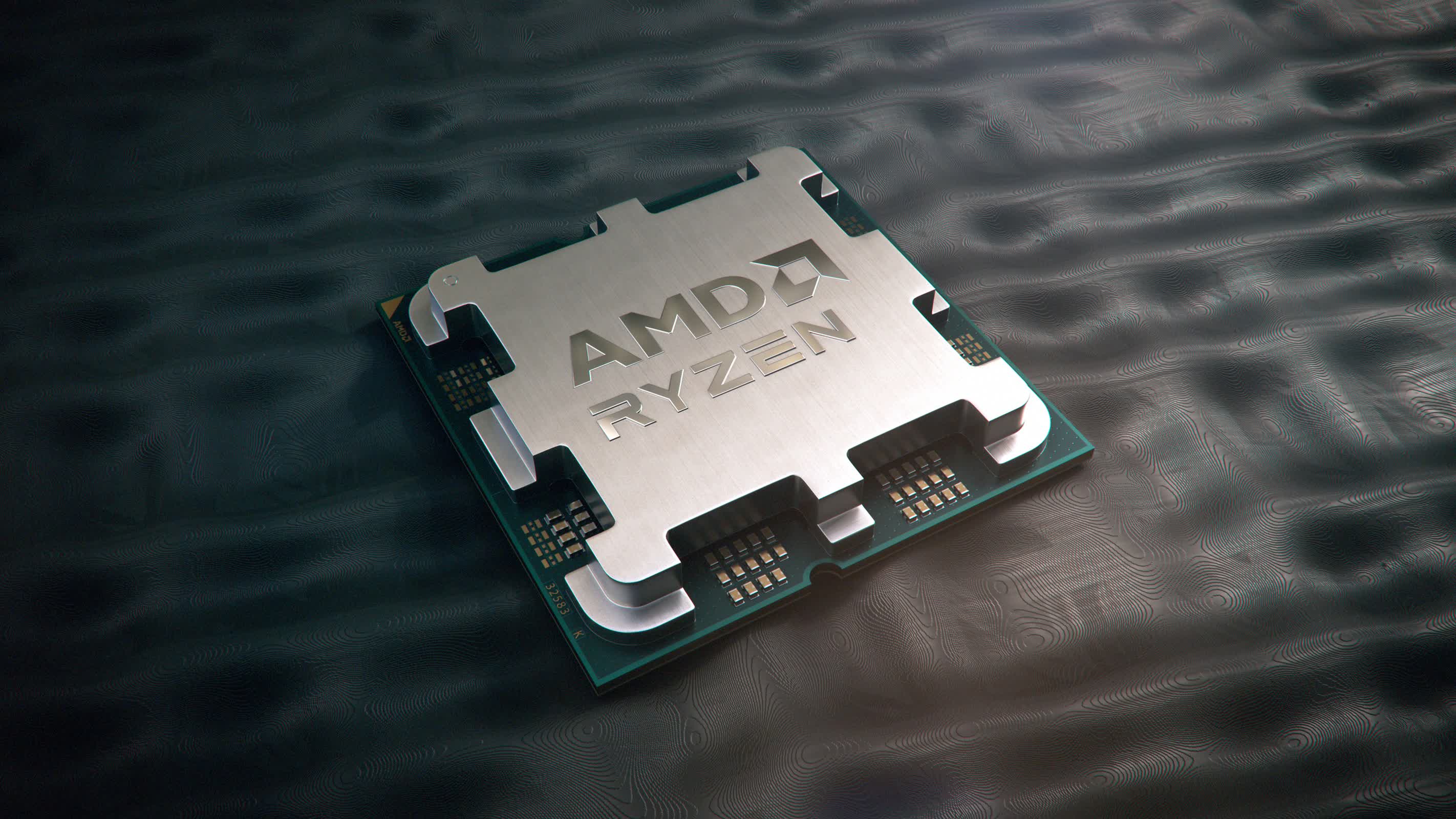Why it matters: AMD's much anticipated launch of its Zen 5 Ryzen 9000 series desktop processors has been delayed by a few weeks as the chipmaker scrambles to correct some quality issues that emerged after units were sent to channel partners. It is hard to assess the impact that the delay will have, but it is likely that at least some pre-orders will not be shipped on time. It is a disappointing turn of events, but at least AMD is handling the problem in an open manner, unlike Intel's secretive approach to the stability problems with its 13th- and 14th-gen desktop processors.

Out of an "abundance of caution" AMD is delaying the launch of its Zen 5 Ryzen 9000 series desktop processors, which were set to debut on July 31, 2024. Now, the launch date has been scheduled for August 8 for the Ryzen 7 9700X and Ryzen 5 9600X, and August 15 for the Ryzen 9 9950X and Ryzen 9 9900X.
AMD discovered that some initial production units sent to channel partners did not meet its quality standards, prompting the delay for further testing, according to statements the chipmaker has made to the media and on X. It is currently working with its channel partners to replace the initial production units with fresh units.
AMD is committed to providing a high-quality experience to every Ryzen user. Please see below for updated information on retail availability of AMD Ryzen 9000 Series processors. https://t.co/MGDxVC3MEj
– AMD Ryzen (@AMDRyzen) July 24, 2024
There are no defects in the chips themselves, the company emphasizes, but AMD wants to ensure all necessary testing protocols are completed. Its engineers are confident that the chips won't be delayed further, according to spokesperson Stacy MacDiarmid.
It is unclear exactly what testing protocols were not up to snuff in the initial production units, but AMD did note that during its "continuous validation of the initial production material an issue was discovered in our packaging test and validation system." The issue doesn't require a redesign and will not result in changes to the already-defined specifications for the various models, according to the company.
Suspicions were raised about the launch date when the company did not make review samples available to analysts for benchmarking. These are usually delivered two or three weeks before a launch. AMD then reached out to journalists to explain – a marked departure from the secretive way Intel has handled its current stability problems with its 13th and 14th Gen desktop processors, including the Core i9-13900K and i9-14900K.
After complaints about the Raptor Lake chips emerged, Intel remained silent for a long time before finally announcing that a microcode algorithm error sent the wrong amount of voltage to CPUs. Intel had discovered a similar problem early in its investigation, but later denied it was the true cause.
It is difficult to assess how AMD's delay will impact early adopters and pre-orders, but it is clear the series has been eagerly anticipated, especially the flagship 16-core, 32-thread Ryzen 9 9950X, which AMD has called "the world's most powerful desktop consumer processor." It is uncertain if pre-orders will be canceled or delayed, as this may vary by retailer and it is likely that some customers who pre-ordered may experience delays in receiving their processors.
AMD delays Zen 5 launch for further testing after quality issues emerge